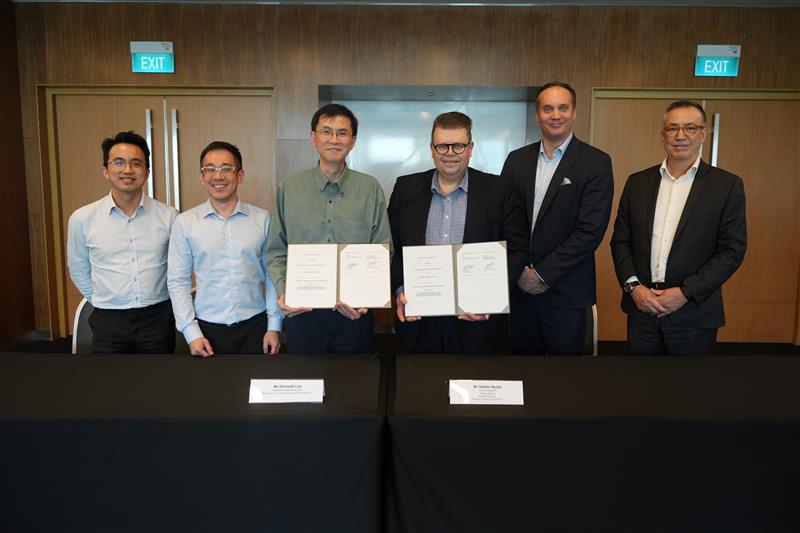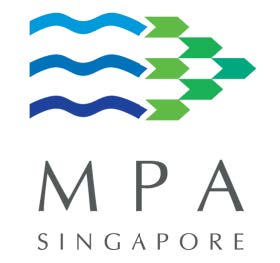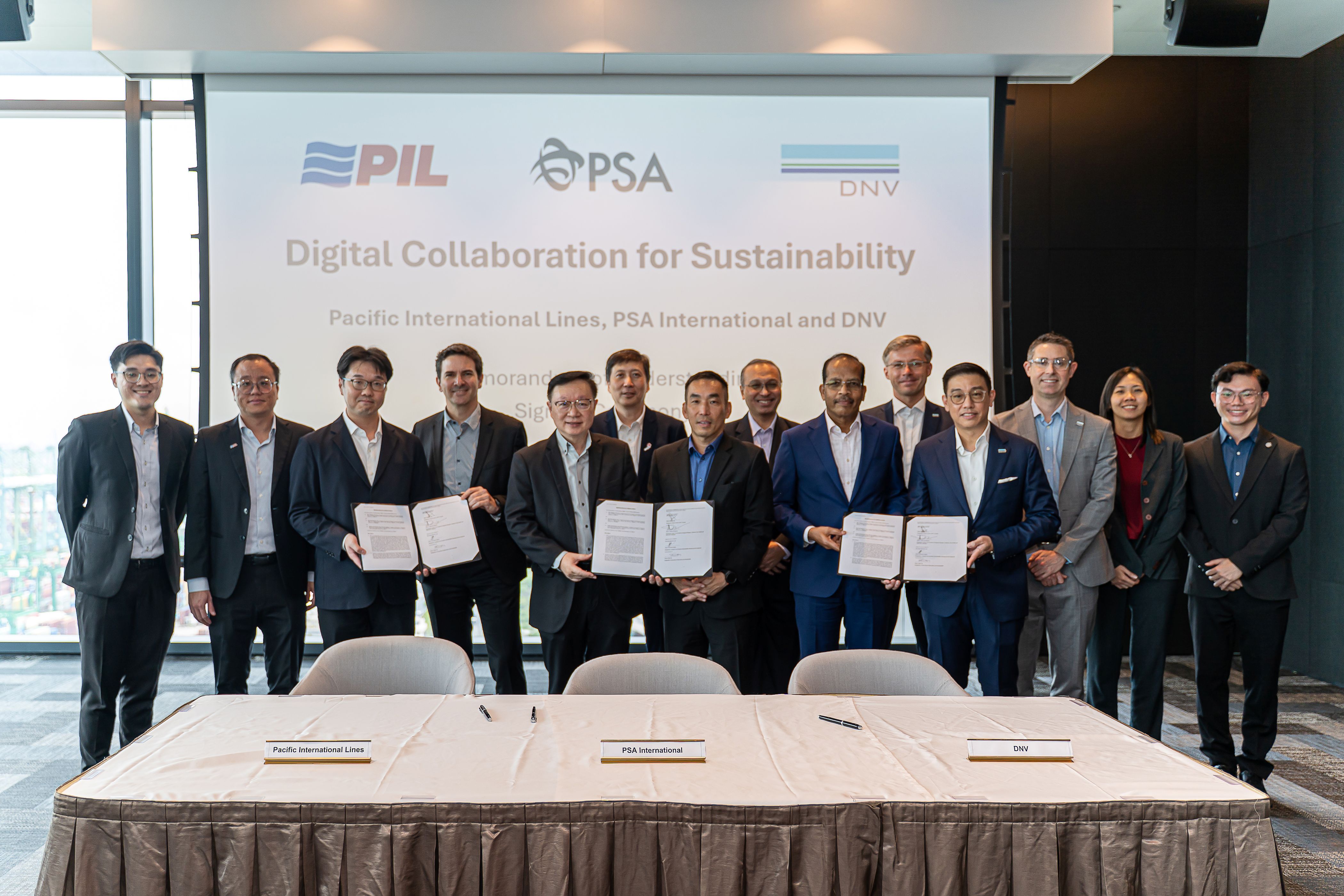Maritime safety vital for Asia Pacific shipping
The role of ship agents in meeting and maintaining standards
A renewed emphasis of safety in the maritime industry to ensure the protection of lives, vessels, cargo, ports and terminals and the marine environment is reflected in the International Maritime Organization (IMO) selecting "Navigating the future: safety first!" as its theme for 2024. And it is a subject that must remain at the top of the agenda in the Asia Pacific region.
As technology, digital platforms and data-driven approaches are becoming more widely adopted to streamline operations, the industry must not forget the importance of protecting the human element. It is essential to prioritise the safety of the vessel crews and portside staff who drive the day-to-day vessel operations.
According to the
Information Fusion Centre (IFC) Annual Report 2023, the maritime sector has seen an increase in incidents in recent years. The report highlights theft, robbery, and piracy at sea in their Area of Interest, which includes the Singapore Strait and Phillip Channel in Singapore, and waters off Indonesia’s Bintan and Batam islands.
The top three most reported maritime incidents in 2023 involved vessels sinking/capsizing (403 incidents, 40%), vessels adrift (212 incidents, 21%), and vessels colliding/grounding (166 incidents, 16%). There was a surge during July and August, which was predominantly attributed to inclement weather and adverse sea conditions during the monsoon season, especially in the Philippine Sea and the Bay of Bengal.
Managing the risks
Shipping is a notoriously risk-filled business so everyone involved needs to put safety at the top of their agendas. And that includes ship agents who must provide safe conditions for crews and portside staff during any port stay.
Lars Hardeland, GAC’s Group Operations Director – Shipping, says: “Ship agents play a crucial role in safeguarding the welfare of seafarers amid these uncertain conditions in the Asia-Pacific region. From arranging crew changes and providing shore leave assistance to coordinating medical emergencies and repatriation efforts, they contribute to a culture of safety and resilience within the maritime community while ensuring compliance with international labour standards.”
Lars Hardeland, Group Operations Director - Shipping
For more than ten years and in line with its Group-wide commitment to safety, GAC’s ‘safe boarding initiative’ supports its own teams and local suppliers. It’s part of a corporate culture that embraces constant in-house vigilance, training and encouragement of all involved to raise the red flag when safety issues arise.
Further, GAC only works with suppliers and vendors that uphold the highest safety standards. In 2023, its Corporate Academy kickstarted safety and compliance training for third-party vendors through a new online course media easily accessible online. Further, GAC performed more than 40 physical audits of local Agents and suppliers in Asian ports during 2023 as part of its safety assurance program.
Digital tools
Digitalisation is helping ship agents to proactively manage ongoing risks by fostering greater situational awareness and enhanced communication between all the parties involved. GAC’s Quality, Health, Safety, Security & Environment (QHSSE) systems set stringent Group-wide HSSE processes and standards across GAC’s broad range of activities. Its QHSSE digital application eases the reporting, investigations and follow-ups of both internal and external parties by drawing on accumulated data to highlight the needs of the global maritime community.
“Applying such an unilateral approach across Asia Pacific and beyond means implementing what we say that we do and vigilant follow-up measurement at locations where different local laws and regulations may apply,” adds Lars.
“To achieve that, we dedicate personnel at our local and regional offices to help enforce and implement what has been established on a Group level, in parallel with our physical audits, go-see visits and investment that pays off in upholding safety.”
That includes Singapore, where the local GAC company has introduced a programme to decrease launch boat usage to minimise the potential exposure to risk for personnel and the environment, whilst also saving on costs. GAC Singapore also provides practical man overboard, pilot ladder and life raft safety training for its boarding officers and launch service providers’ crew.
Meanwhile, GAC Sri Lanka offers firefighting and emergency response services to further reduce to risk of harm to vessels and crew.
Constant collaboration
Prioritising maritime safety is a must to protect lives and the environment – but it is also vital to safeguard global trade and commerce. GAC champions best practices, invests in cutting-edge technologies and fosters a culture of safety that extends all the way to the ports and terminals where it operates and its customers wherever they go.
The ongoing commitment to maritime safety must be a constant collaborative effort with the active participation across the global shipping community.
Maritime safety is a collective responsibility that transcends borders and industries. It requires cooperation, diligence and determination. By continuing to champion the cause of maritime safety in a year where the IMO is driving the need for a renewed focus, the industry can chart a course towards safer seas and supply chain, ensuring that the oceans in the Asia Pacific remain a vital lifeline for generations to come.
source:GAC
The opinions expressed herein are the author's and not necessarily those of The Xinde Marine News.
Please Contact Us at:
media@xindemarine.com


 Baltic Exchange launches new Fuel Equivalence Conve
Baltic Exchange launches new Fuel Equivalence Conve  21 Consecutive Years of QUALSHIP 21 Recognition for
21 Consecutive Years of QUALSHIP 21 Recognition for  MPA and Wärtsilä Renew Partnership to Drive Marit
MPA and Wärtsilä Renew Partnership to Drive Marit  MPA and Dalian Maritime University Renew Partnershi
MPA and Dalian Maritime University Renew Partnershi  PSA INTERNATIONAL, DNV AND PACIFIC INTERNATIONAL LI
PSA INTERNATIONAL, DNV AND PACIFIC INTERNATIONAL LI  INTERCARGO Reaffirms Call for Simplicity as IMO Cli
INTERCARGO Reaffirms Call for Simplicity as IMO Cli